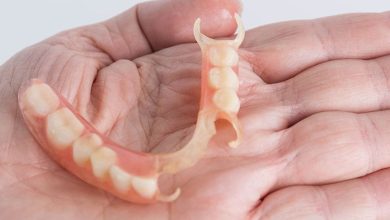What is catarrh? Causes and treatment tips

Catarrh is the medical term for a buildup of mucus in the back of the nose, throat, or sinuses. Doctors sometimes refer to catarrh as postnasal drip.
Often, catarrh is the result of an intermittent or temporary illness, such as an allergy or cold. It typically goes away once the illness has passed.
However, some people may experience chronic catarrh that persists for months or even years. It is not usually a cause for concern, but it can be a nuisance to live with.
Table of Contents
Catarrh symptoms
For most people the symptoms of catarrh include the following:
- A blocked or ‘stuffy’ nose
- A runny nose
- Mucus that runs down the back of your throat
- An irritating cough
- Headache
- Loss of smell or taste
- Pain in the face
- Fatigue
- Mild hearing loss or a crackling sensation in the middle ear
Causes
There are many potential causes of postnasal drip. They include:
- changes in weather conditions
- eating spicy foods
- hay fever, or allergic rhinitis
- nonallergic rhinitis
- viruses, such as the common cold
- sinus infection
- nasal polyps
- gastroesophageal reflux (GER)
- gastroesophageal reflux disease (GERD)
- hormone changes during pregnancy
- certain medications
In children, having something stuck in the nose is a common cause of catarrh.
Catarrh Treatment
Most catarrh cases require no specific treatment. But if it does not clear up on its own, treatment then depends on the underlying cause. Try the following:
Decongestant medicines
These can help relieve a blocked nose by reducing swelling of the blood vessels in your nose. These are available from pharmacies without a prescription but should not be used for more than a few days before seeking advice as they can occasionally make the congestion worse if used for too long.
Decongestants do not usually cause side-effects and, if they do, they are likely to be mild, but may include irritation to the lining of the nose, nausea and headaches.
Steam inhalation
Steam inhalation treatment may also help. This involves inhaling steam from a bowl of hot (but not boiling) water and can help to soften and loosen any mucus in the nasal cavities.
Some people find that adding menthol crystals or eucalyptus oil to the water also helps. Steam inhalation is not recommended as a suitable treatment for children due to the risk of scalding.
For any important information please contact us Email GadgetsNg info@gadgetsng.com
[Button id="1"]




buy prescription drugs from india https://indiaph24.store/# top 10 online pharmacy in india
reputable indian pharmacies